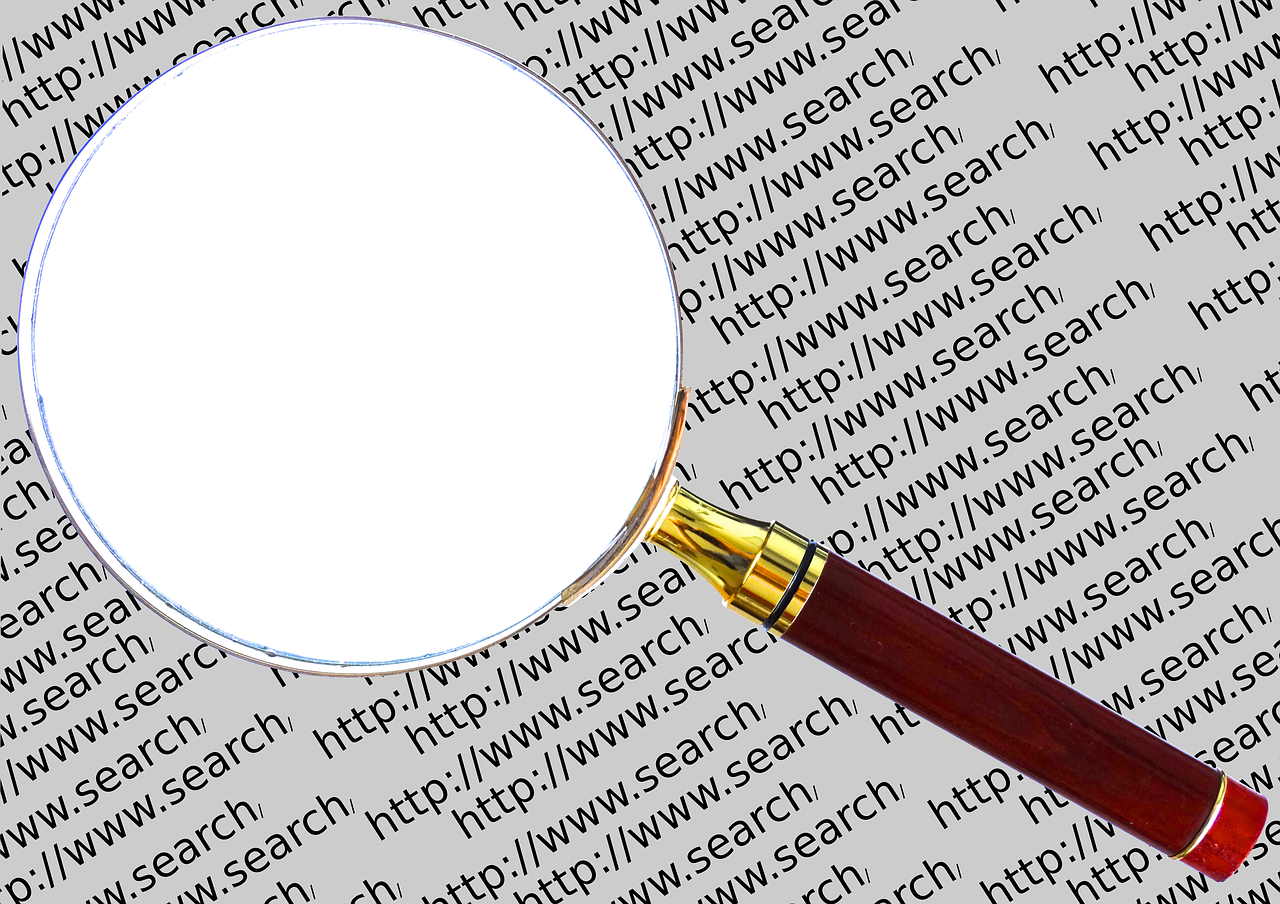关于新冠疫情的英语演讲稿5分钟(关于新冠疫情的英语演讲稿5分钟左右)
关于新冠疫情的英语演讲稿(5分钟)
Good morning/afternoon, ladies and gentlemen. Today, I am honored to stand here and share with you my thoughts on the ongoing COVID-19 pandemic, a global crisis that has not only reshaped our daily lives but also tested the resilience of nations across the world. This pandemic, more than just a health emergency, is a reminder of our interconnectedness and the urgent need for global cooperation and solidarity.
The Unprecedented Challenge
The coronavirus, officially named SARS-CoV-2, first emerged in late 2019 in Wuhan, China, and quickly spread globally, triggering what the World Health Organization (WHO) declared a Public Health Emergency of International Concern on January 30th, 2020. Since then, it has transformed into a full-blown pandemic, infecting millions and claiming the lives of hundreds of thousands worldwide. This crisis has exposed vulnerabilities in our healthcare systems, exposed the disparities in access to resources and healthcare services, and underscored the need for a more resilient and equitable global response.
The Impact on Society and Economy
The pandemic's impact has been far-reaching and profound. Lockdowns and social distancing measures have disrupted economic activities, leading to job losses, business closures, and a contraction in many economies. The International Monetary Fund (IMF) predicts a global recession this year, with the world economy projected to shrink by 3% in 2020. The health crisis has also widened income inequalities, with low-income families bearing the brunt of the economic fallout.

Moreover, the pandemic has exacerbated mental health issues, with increased rates of anxiety, depression, and isolation among populations worldwide. The strain on healthcare workers has been immense, with many falling ill or even losing their lives while caring for others. This crisis has underscored the need for better mental health support systems and increased recognition of the vital role played by frontline healthcare heroes.
The Role of Science and Technology
In the face of such a crisis, science and technology have been our greatest allies. Researchers around the globe have worked tirelessly to understand the virus, develop diagnostic tools, vaccines, and treatments. The rapid development and distribution of vaccines, despite the enormous challenges, is a testament to human ingenuity and collaboration. However, this progress has also highlighted the need for equitable access to these life-saving interventions, particularly in low- and middle-income countries.
Digital technologies have also played a pivotal role in mitigating the impact of the pandemic. Telemedicine has enabled remote consultations, reducing the risk of virus transmission. Contact tracing apps have helped contain outbreaks by identifying close contacts of infected individuals. And the widespread adoption of digital platforms has accelerated the dissemination of information, fostering public awareness and compliance with health guidelines.

The Need for Global Cooperation
The COVID-19 pandemic has underscored the importance of global cooperation and solidarity. It has become increasingly clear that no nation can tackle this crisis alone. The international community must work together to ensure equitable access to vaccines, medical supplies, and other resources. The WHO's role as the leading health authority must be reinforced, with increased funding and support to enable it to effectively coordinate the global response.
Furthermore, we must learn from this experience and invest in our healthcare systems' resilience. This includes strengthening public health infrastructure, improving surveillance systems for emerging diseases, and ensuring universal access to healthcare services. We must also prioritize mental health and well-being as part of our response to future crises.
The Path Forward

As we navigate through this unprecedented challenge, it is crucial to remain hopeful and resilient. The human spirit is resilient, and we have seen countless examples of compassion, innovation, and determination during this crisis. We must continue to support one another, both locally and globally. We must prioritize public health measures that protect vulnerable populations and ensure that everyone has access to essential services.
Moreover, we must use this crisis as an opportunity to reimagine and rebuild our societies in a more equitable and sustainable manner. This includes investing in renewable energy sources, promoting sustainable urban development, and addressing the root causes of health disparities.
In conclusion, the COVID-19 pandemic is a wake-up call for all of us. It reminds us of our shared vulnerability and the importance of global cooperation. As we emerge from this crisis, let us strive for a world that is more resilient, equitable, and just. Let us honor the sacrifices made by those who have fallen in this battle by learning from their legacy and working together to build a better future for all. Thank you.





还没有评论,来说两句吧...